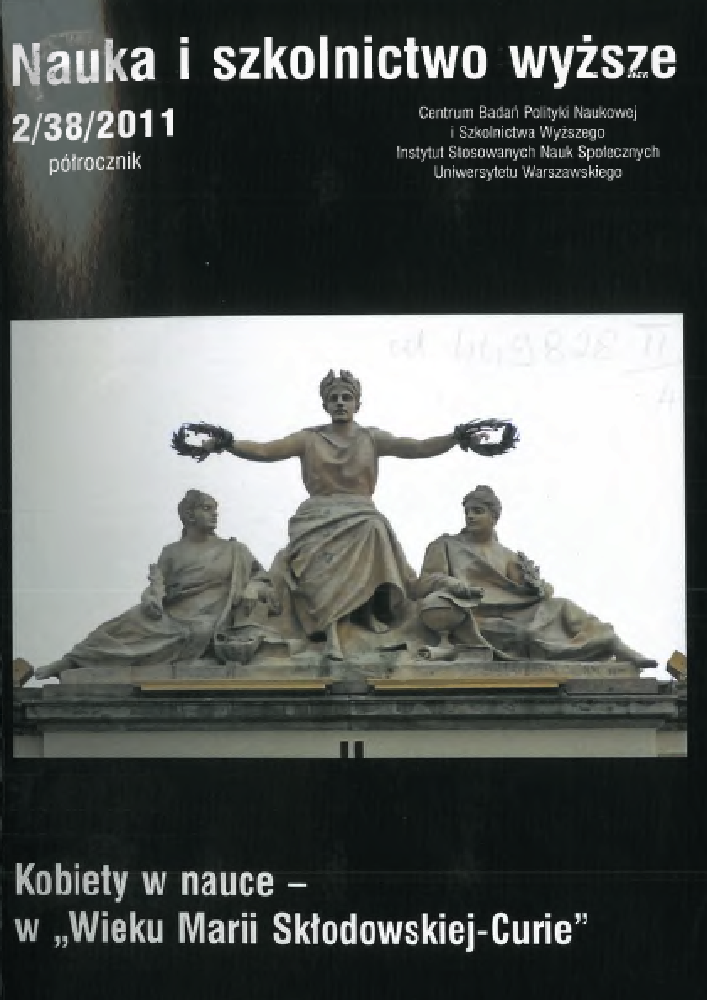Abstract
At present the basie intellectual aim of academic inquiry is to improve knowledge. Much of the structure, the whole character, of academic inquiry, in universities all over the world, is shaped by the adoption of this as the basie intellectual aim. But, judged from the standpoint of making a contribution to human welfare, academic inquiry of this type is damagingly irrational. Three of four of the most elementary rules of rational problem solving are violated. A revolution in the aims and methods of academic inquiry is needed so that the basie aim becomes to promote wisdom, conceived of as the capacity to realize what is of value, for oneself and others, thus including knowledge and technological know-how, but much else besides. This urgently needed revolution would affect every branch and aspect of the academic enterprise.
References
Appleyard B. 1992 Understanding the Present: Science and the Soul of Modem Man, Picador, London.
Aron R. 1968 Main Currents in Sociological Thoughł, Penguin, Harmondsworth, 1.1; 1970, t. 2.
Barnett R., Maxwell N. (red.) 2008 Wisdom in the University, Routledge, London.
Berlin I.1980 Against the Current, Hogarth Press, London.
Berman B. 1981 The Reenchantment ofthe World, Cornell University Press, Ithaca.
Einstein A. 1949 Autobiographical Notes, w: RA. Schilpp (red.), Albert Einstein: Philosopher-Scientist, Open Court, Illinois, s. 3-94.
Einstein A. 1973 Ideas and Opinions, Souvenir Press, London.
Farganis J. (red.) 1993 Readings in Social Theory: The classic Tradition to Post-Modernism, McGraw-Hill, New York
Feyerabend R. 1978 Against Method, Verso, London.
Feyerabend R. 1987 Farewell to Reason, Verso, London.
Gay P. 1973 The Enlightenment: An Interpretation, Wildwood House, London.
Hayek F.A. 1979 The Counter-Revolution of Science, Liberty Press, Indianapolis.
Laing R.D. 1965 The Dmded Self, Penguin, Harmondsworth.
Langley C. 2005 Soldiers in the Laboratory, Scientists for Global Responsibility, Folkstone.
Marcuse H. 1964 One Dimensional Man, Beacon Press, Boston.
Maxwell N. 1974 The Rationality of Scientific Discovery, „Philosophy of Science”, nr 41, s. 123-153,247-295.
Maxwell N. 1976 What's Wrong With Science?, Bran’s Head Books, Frome, England.
Maxwell N. 1980 Science, Reason, Knowledge and Wisdom: A Critigue of Specialism, „lnquiry”, nr 23, s. 19-81.
Maxwell N. 1984 From Knowledge to Wisdom, Blackwell, Oxford (wyd. 2 rozszerz., 2007, Earthscan, London).
Maxwell N. 1998 The Comprehensibility of the Universe, Oxford University Press, Oxford, pbk. 2003.
Maxwell N. 2001 The Human World in the Physical Universe, Rowman and Littlefield, Lanham, Maryland.
Maxwell N. 2004 Is Science Neurotic?, Imperial College Press, London.
Maxwell N. 2005 Popper, Kuhn, Lakatos and Aim-Oriented Empiricism, „Philosophia”, nr 32, s. 181-239.
Maxwell N. 2007 A Revolution for Science and the Humanities: From Knowledge to Wisdom, „London Review of Education”, nr 5, s. 97-115.
Nowotny H., Scott P, Gibbons M. 2001 Re-Thinking Science, Polity Press, Cambridge.
Penrose R. 2004 The Road to Reality, Jonathan Cape, London.
Popper K R. 1959 The Logic of Scientific Discovery, Hutchinson, London.
Popper K.R. 1961 The Poverty of Historicism, Routledge and Kegan Paul, London.
Popper K.R. 1962 The Open Society and Its Enemies, Routledge and Kegan Paul, London.
Popper K.R. 1963 Conjectures and Refutations, Routledge and Kegan Paul, London.
Roszak T. 1973 Where the Wasteland Ends, Faber and Faber, London.
Schwartz B. 1987 The Battle for Human Nature, W.W. Norton, New York.
Smith D. 2003 The Atlas of War and Peace, Earthscan, London.
Snow C.P. 1986 The Two Cultures: And a Second Look, Cambridge University Press, Cambridge.
